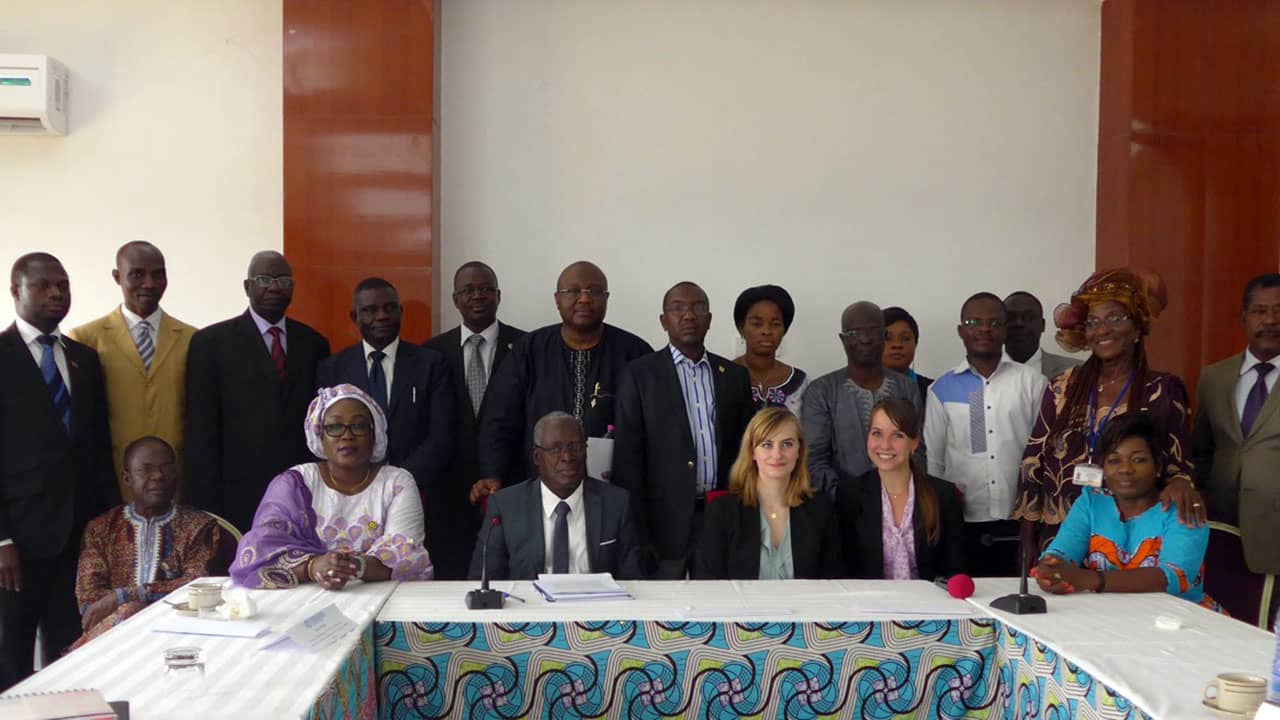PGA has been monitoring the opportunities for parliamentary advocacy on Rome Statute ratification since 2000.
Rome Statute
Algeria signed the Rome Statute on 28 December 2000. Despite participating actively at the Rome Conference in 1998, where the Rome Statute was established, Algeria has not yet ratified the Rome Statute. Algeria has attended several sessions of the Assembly of States Parties as observer.
Kampala Amendments of 2010
Algeria has not ratified the Kampala Amendments, despite attending the Kampala Review Conference in Uganda in 2010.
Status on the domestic implementation of the Rome Statute
Algeria has not yet implemented the Rome Statute into its national legislation.
Agreement on Privileges and Immunities (APIC)
Algeria did not sign the Agreement on Privileges and Immunities of the Court.
Additional Agreements
Algeria signed the Bilateral Immunity Agreement on 6 April 2004, which entered into force on 13 April 2004.
Algeria is a member of the Arab League, African Union and Organization of the Islamic Conference.
Progress and PGA Action
An expert working group formed in the Ministry of Justice and Foreign Affairs is in charge of the ICC dossier.
In 2005 Algeria's abstained in the adoption of Security Council resolution 1593 (which refers the situation in Darfur to the ICC). In 2002, a member of parliament from Algeria participated in the 2nd session of PGA's Consultative Assembly of Parliamentarians for the ICC and the Rule of Law held in Ottawa.
In 2005 Algerian parliamentarians attended the 1st Meeting of PGA's Working Group on the Universality of the Rome Statute in the Middle East, in Cairo. They delivered strong statements in support of the Court and expressed willingness to promote the ICC in Algeria.
Article 77 of the Algerian Constitution states that President of the Republic has the power to conclude and ratify international treaties and that he presides over the Cabinet.
Human Rights Council Universal Periodic Review:
In the 2nd Cycle of the UPR, during the 13th session, Algeria received recommendations from Slovakia, Slovenia, Spain, Hungary, and Latvia to ratify the Rome Statute of the International Criminal Court including its agreement on Privileges and Immunities and fully align its national legislation with all obligation under the Rome Statute. These recommendations were noted by Algeria.
In its previous UPR session, 29 May, 2012, Algeria received recommendations related to the Rome Statute from Slovenia, Slovakia, Spain, Hungary, Costa Rica and Latvia.
Additional Information
Algeria supports the initiative on International Cooperation in the Fight against the Crime of Genocide, Crimes against Humanity and War Crimes at the CCPCJ.





